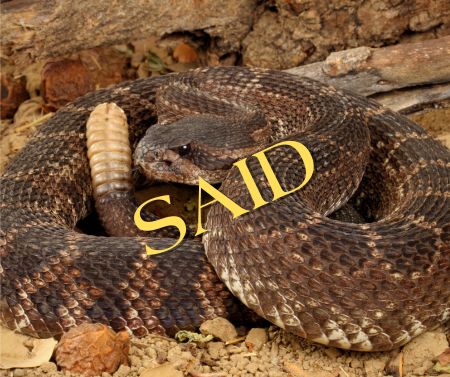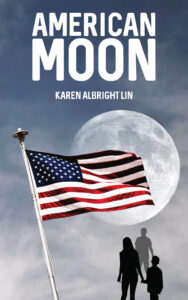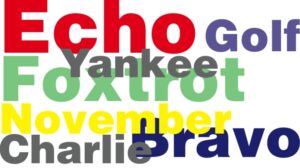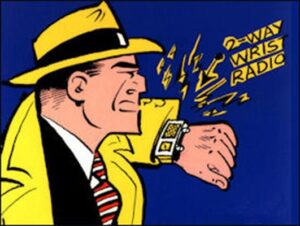Dialogue And The Times
Terry Odell

We are warned to take it easy with dialects in dialogue, because they make things harder to read, and the last thing we want to do is slow things down for our readers. These are a few snippets showing how I handled it years ago in Where Danger Hides.
“Well, what do we have here? You want to come on out, darlin’?” The voice was deep, warm, and decidedly Texan.
***
From her brief encounter with Texas, she was certain he’d be dressed like every other man here—in a tuxedo. She’d never pick him out in the crowd. Unless, of course, he opened his mouth, and that slow, honey-rich drawl flowed out.
I left it up to the reader to fill in the blanks as to what they heard while reading.
Or, in Rooted in Danger, where my protagonist was an Aussie, I used expressions rather than try to spell out the way he sounded when he spoke.
The man’s soothing tone penetrated her fog. He didn’t try to take the gun away, but he walked her to the kitchen and, guiding her hand with his, opened a cabinet.
“How about in here?” he asked. “Or shall we toss it down the dunny?”
Finally, his words registered. “Dunny?”
“Loo. Head. W.C. Toilet. Although that was more of a figure-of-speech question because it would ruin your plumbing.”
***
“Told you it would be a bucket of piss.”
“What?”
“I think you’d call it a piece of cake.”
“I definitely like that better.”
***
“Thanks, Wally. You’re a right fine bastard.”
“You got no call to say that about me,” Wally said with a scowl.
“Sorry, mate. Where I come from, bastard means a damn good friend.”
***
We’re also told to watch profanity. But there are always exceptions to everything.
(Note: I am not going to get into book banning or censorship in this post. Nor am I going to give spoilers for Everett’s book.)
But language evolves. Tastes change. Conventions change.
Our book club voted to read James by Percival Everett for this month. We meet tomorrow, so I don’t know what the other group members will have to say about it, but this is my take.
James is based on Mark Twain’s Huckleberry Finn, a book I read countless times as a child—I’m thinking it was in my elementary or junior high school days. I thought Huck was cool (although that wasn’t the slang in those days.)
It was also assigned reading in high school English. (Can we get away with that today?The “N” word was used extensively in both Huckleberry Finn and James, as appropriate to the times.) Good old Mr. Holtby had us discussing whether we’d rather be a raft or a riverboat. He was all about symbolism. But he made us think.
At any rate, after reading James, I went to the library for a copy of Huckleberry Finn, because I’d been under the impression that James was a retelling of Huckleberry Finn from Jim’s point of view. There were so many things I didn’t remember, given the elapsed time between high school and today, but—duh moment—it didn’t take long to realize that Huck and Jim weren’t together through the whole book, so seeing what transpired for Jim while he was apart from Huck made for a very different story.
Huck’s grammar (or lack thereof) was prevalent in both books. Likewise for Jim. True to the times and the vocabularies of the characters. I wonder if Everett blew up spellcheck and any grammar checking software. I’m not going to try to transcribe passages from Huckleberry Finn. Instead, here are two image. (Sorry about the quality. I took it from a very old, yellowed paperback.)
This is Huck:

Here, Jim is talking to Huck.

Did you have trouble reading either passage? Did you have to slow down? Was it more the spelling, grammar, or vocabulary? Would you try writing that kind of dialogue today to show a character’s accent or dialect?
What are your thoughts about dialect in dialogue? Everett’s book was not only published (Sorry, I didn’t think to grab a picture or two before I had to return it to the library, but a lot of the dialogue was very much the same) but won the 2024 Kirkus Prize and the National Book Award for Fiction. It’s also been optioned for a movie, and I’m curious to see how it’s handled.
New! Find me at Substack with Writings and Wanderings
When breaking family ties is the only option.
Madison Westfield has information that could short-circuit her politician father’s campaign for governor. But he’s family. Although he was a father more in word than deed, she changes her identity and leaves the country rather than blow the whistle.
Blackthorne, Inc. taps Security and Investigations staffer, Logan Bolt, to track down Madison Westfield. When he finds her in the Faroe Islands, her story doesn’t match the one her father told Blackthorne. The investigation assignment quickly switches to personal protection for Madison.
Soon, they’re involved with a drug ring and a kidnapping attempt. Will working together put them in more danger? Can a budding relationship survive the dangers they encounter?
 Like bang for your buck? I have a new Mapleton Bundle. Books 4, 5, and 6 for one low price.
Like bang for your buck? I have a new Mapleton Bundle. Books 4, 5, and 6 for one low price.
 Terry Odell is an award-winning author of Mystery and Romantic Suspense, although she prefers to think of them all as “Mysteries with Relationships.”
Terry Odell is an award-winning author of Mystery and Romantic Suspense, although she prefers to think of them all as “Mysteries with Relationships.”









 Karen is the author of
Karen is the author of 


 If you haven’t watched Justified, check it out. It’s a goldmine for writers. The FX series is based on Elmore Leonard’s short story, Fire in the Hole, and three books, including
If you haven’t watched Justified, check it out. It’s a goldmine for writers. The FX series is based on Elmore Leonard’s short story, Fire in the Hole, and three books, including 







